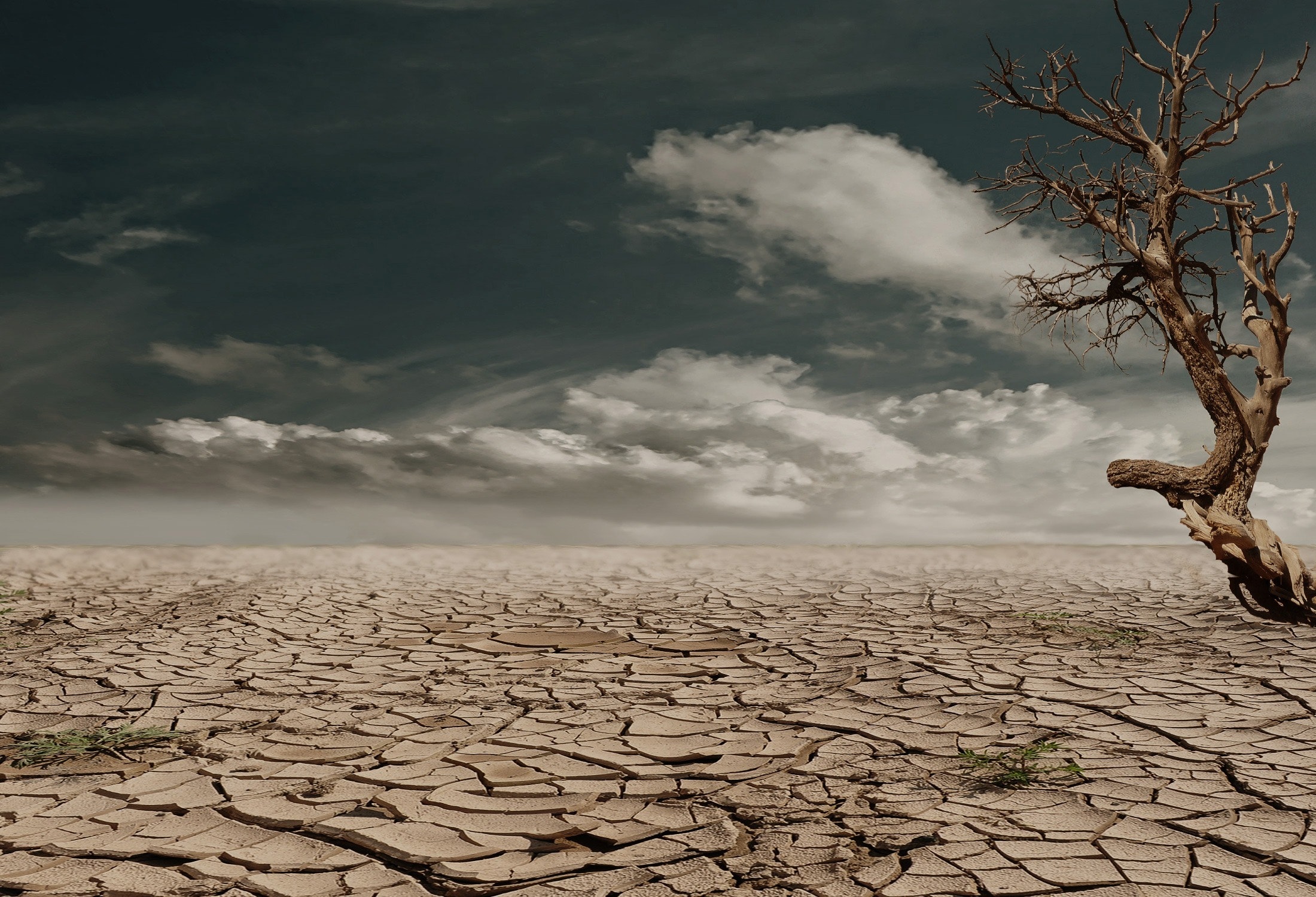Mental Health and Climate Change

Written By: Jose A. Arriola Vigo, MD, MPH
Climate change is recognized as one of the top threats to global health in the 21st century. Its scale is massive and with inaction it continues to grow. Extreme weather events such as drought, floods, wildfires, and hurricanes, as well as slow-onset threats such as ecosystem changes, food and water insecurity, and loss of place, have become part of the day-to-day news as they not only impact people’s quality of life but also force millions of people around the world to move from their homes.1,2 Between 1970 and 2020, climate-related events have increased, with 50% of all events occurring since 2003, and nearly 5 billion people in total affected. 1–3
In recent decades, attention has been drawn to understanding the impact of climate change on physical health, however, stronger evidence has emerged showing its impact on mental health and psychosocial well-being. Climate change exacerbates social and environmental risk factors for mental health and psychosocial problems, leading to emotional distress and increased risk for mental health conditions. While most people will ultimately do fairly well after being impacted by natural disasters, there is a significant proportion of them that will struggle to recover physically and mentally. 4
Social and mental health consequences resulting from extreme and slow-moving weather events range from minimal distress to a clinical disorder including post-traumatic stress disorder (PTSD), anxiety, depression, and suicidal thoughts. Maladaptive coping skills such as alcohol use disorder have also been associated with climate change. Furthermore, extreme weather events also lead to population displacement, breakdown of community infrastructure, loss of employment and poor sense of social support and connectedness which will also have consequences for mental health. 5,6
In addition to direct exposure to extreme weather events, the threat of climate change can be a significant psychological stressor that can impact communities. Communication and media messages about climate change can lead to behavioral changes and potentially anxiety disorders, particularly if these events impact loved ones. While climate change can be experienced as a distant phenomenon without tangible impact for certain populations, for others, climate change can feel like an overwhelming effect with significant implications for human physical and mental health.7
Certain populations are particularly vulnerable to climate change hazards, including include children, the elderly, pregnant women and people with chronic mental illness or mobility impairment. Inequities can be further exacerbated as extreme weather events disproportionally impact those with lower socioeconomic status, minority populations, migrants, and homeless individuals. Limited access to mental health care, safe infrastructure and economic mobility are gaps that are aggravated by these events. Also, people with existing mental health conditions are vulnerable to experiencing a decline in overall function or more severe mental health symptoms given limited coping skills, reduced motivation, or poor self-care under stress. Furthermore, individuals taking psychotropics may experience diminished heat regulation, and impaired fluid homeostasis, which can result in adverse medical events. 8,9
The World Health Organization (WHO) has proposed different approaches to address mental health and psychosocial impacts of climate change to minimize and prevent the exacerbation or development of mental health conditions. These strategies involve: 1) to integrate climate change considerations into policies for mental health to better prepare for and respond to the climate crisis, 2) to continue to build upon global commitments to integrate mental health and psychological well-being as a priority on climate change policies, 3) to implement community-based approaches to reduce vulnerabilities to address mental health and psychosocial well-being, among others. 2
Finally, we are starting to understand the link by which climate change is affecting mental health and while further research is necessary, there is enough evidence to guide immediate action to prevent and minimize potentially irreversible effects. This is an opportunity to build a more coordinated and comprehensive response. As such, mental health and psychosocial well-being need to be one of the main priorities of climate action.